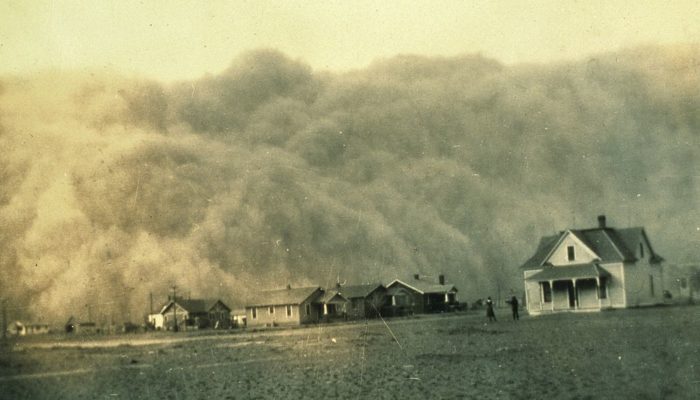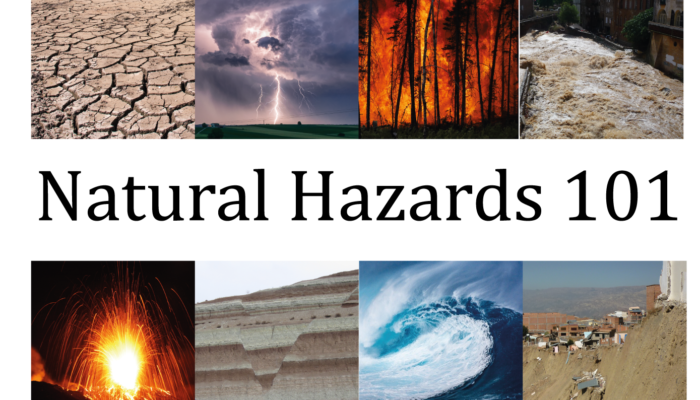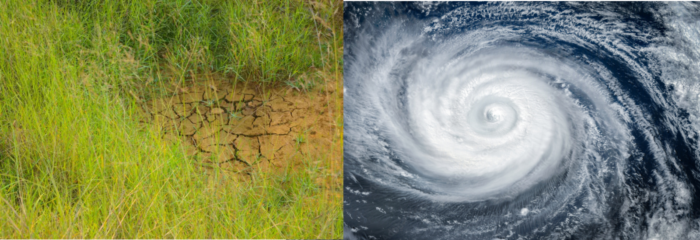Answering disasters triggered by natural hazards is a profoundly political process; who can tell us about this is Isabelle Desportes with her study cases of Ethiopia (the 2016 drought), Myanmar (cyclone Komen in 2015) and Zimbabwe (the 2016/2019 drought). Today, I have the pleasure of interviewing Dr Isabelle Desportes, a researcher who approaches disaster risk governance from the angle of politic ...[Read More]
Life with dust: its impacts and how to catch it

In today’s interview, we have the pleasure to meet Dr Slobodan Nickovic, who won the prestigious 2022 Plinius Medal. Slobodan is a research consultant at the Republic Hydrometeorological Service of Serbia, and at the Institute of Physics in Belgrade, Serbia. Throughout his career, he worked for national and international educational, scientific, and operational institutions including the Uni ...[Read More]
Building a risk-aware culture
Mahatma Gandhi once said, “The future depends on what you do today”. In the past months, we have witnessed extreme weather events, wildfires, earthquakes, and volcanic activity in different parts of the world. Although this activity is ordinary for a living planet like Earth, it can disturb the modern way of living and put people at risk. Even for the events that can be predicted with a higher deg ...[Read More]
Natural Hazards 101: Multi-hazards and multi-hazard risk

With the Natural Hazards 101 series, we mean to bring our readers closer to the terminology often used in the field of natural hazards, but that may not be so familiar. In the first episode of the series, we focused on the definition of hazard and natural hazard. We moved then to the concepts of risk, disaster risk management, and the forecasting and modelling of natural hazards. In this episode, ...[Read More]


